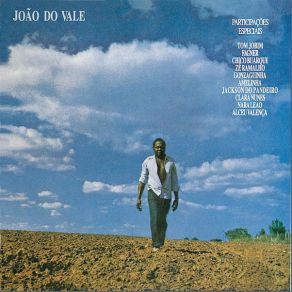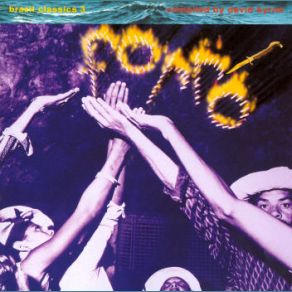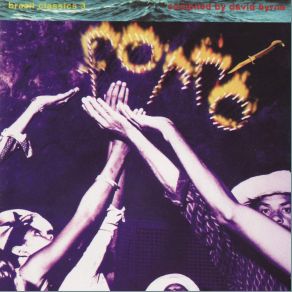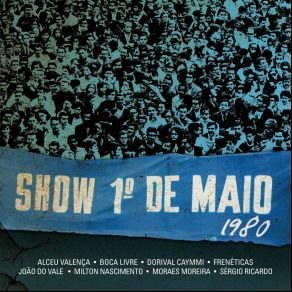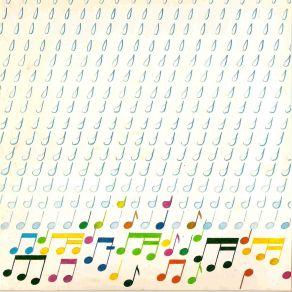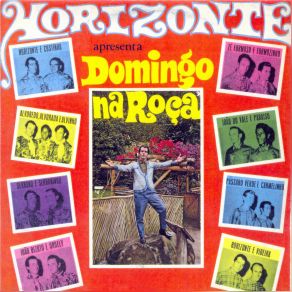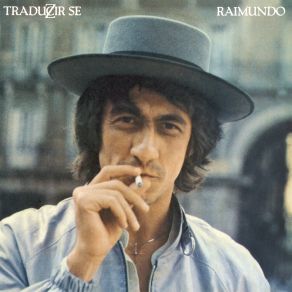João Do Vale / Joao Do Vale
Wikimp3 information about the music of João Do Vale / Joao Do Vale. On our website we have 1 albums and 3 collections of artist João Do Vale / Joao Do Vale. You can find useful information and download songs of this artist. We also know that João Do Vale / Joao Do Vale represents Latin genres.
Biography
[Edit]João do Vale is a singular poet. His lyrics, which transmit his profound understanding of the sertaneja (inlander) soul, are full of a very personal notion of rhythm. The strength of his work can be appraised if we consider that he is one of the three great figures of Northwestern popular music (the others being Luís Gonzaga and Jackson do Pandeiro) even having recorded only two individual albums.
Soon having to work as a truck-driver assistant to help his very poor family, he traveled through the Northwestern inland knowing that humble people and their lives. This profound identification with his roots would forge his philosophy of life, and his natural talent would do the rest, with no help from formal education. Because he wanted to stay at school, but being black and poor he suffered the consequences of racial and social prejudice, having to abandon his studies very early. He was expelled from school to give room for the son of a recently appointed bureaucrat from Pedreiras.
At 12, his family moved to São Luís, where he joined a bumba-meu-boi group, writing lyrics for their songs. Dreaming about living in Rio, he became a truck-driver assistant. From adventure to adventure, in the meanwhile working as prospector in Minas Gerais, he finally reached Rio, in 1950, at 17. Finding a job as a mason assistant, he'd run the radio stations at night, searching for an opportunity. He succeeded in approaching Zé Gonzaga. Initially reluctant, in due time Zé would be his admirer, having recorded "Cesário Pinto, a big hit in Northwest. Next in the line would be Luís Vieira, which composed "Estrela Miúda" with João and convinced singer Marlene to record it. So, a very narrow gap separated the arriving of João in Rio, in the ending of year 1950, and the recording of his songs by renowned artists, in the next year. He soon would be recorded by other great names, such as Luís Vieira himself, Dolores Duran, Luís Gonzaga and Maria Inês.
In 1954, he appeared in the movie Mão Sangrenta, directed by Carlos Hugo Christensen. In the set he'd know Roberto Farias, which would become a director, commissioning João with his movies' soundtracks, such as No Mundo da Lua (1958). That brought other movie works, such as Meu nome é Lampião, by Mozael Silveira, in the next year. In 1956, his composition "Na asa do vento," with Luís Vieira, would be recorded by Dolores Duran.
His fertile association with Luís Gonzaga, o Rei do Baião (the King of Baião) produced "Sertanejo do Norte" (1959), "De Terezina a São Luís" (1962), "Pra onde tu vai, baião?" (1963) and "Fogo no Paraná" (1964). But due to publishing contracts, Luís Gonzaga's name couldn't appear in the credits, so he was substituted by his wife (Helena Gonzaga). That wouldn't prevent the Rei do Baião of recording the songs, tough. Invited by Professor Earl W. Thomas, João went to Tennessee in 1963 to perform his compositions.
In 1964, the showroom ZiCartola was in its most popular phase. It was when sambista Zé Keti became acquainted with João and takes him to perform over there. Heavily acclaimed, he starts to perform there regularly at Fridays. It would be fundamental to expose João to the interest of those medium-classed people in search of genuine popular Art and sediment his fame and reputation. Soon he'd be invited by Oduvaldo Viana Filho, the Vianinha, to join the performance Opinião (1964). This show was an resistance act against the ruling dictatorship that counted on extremely popular bossa nova singer Nara Leão, who split with that movement in search of a more politicized expression, arousing excited polemic in the musical scene. The reunions would gather, at poet Ferreira Gullar' home, Nara Leão, João do Vale, Paulo Pontes, Vianinha and Armando Costa. The aim of the spectacle was to highlight the works of very different people (Zé Keti, a urban sambista composer; João do Vale, a Northwestern composer, and Nara Leão, a medium-classed singer) but with the same opinion (opinião): to protest against military dictatorship. The huge success of that musical marked an epoch in popular music and presented a great revelation: singer Maria Betânia (Caetano Veloso's sister), through her delivery of João' "Carcará."
Opinião was such a tremendous success that Philips label invited João to record his first individual Lp, O poeta do povo, where João sings his compositions. Two years later, Philips issued a double compact with João singing his compositions "Eu chego lá" (with Abel Silva), "Sanharó" (with Luís Guimarães), "Eu vim praí (with Manoel Euzébio) and "Viva meu baião (with Vezo Filho).
Now a renowned composer, João would be invited to participate in other shows, like A voz do povo (1966), with Nelson Cavaquinho and Moreira da Silva; Eu chego lá (1967); Chiclete com banana (1972); Se eu tivesse meu mundo, Opinião (1975); and E agora, João? (1976).
João do Vale only succeeds in recording his second LP, João do Vale Convida, in 1981, due to political persecution by the military government. Famous artists which joined the project to affirm their support and admiration for this great composer were Chico Buarque, Nara Leão, Fagner, Alceu Valença, Zé Ramalho, Tom Jobim, Amelinha, Gonzaguinha, Clara Nunes, Hermeto Pascoal and Jackson do Pandeiro. The production was signed by Chico Buarque.
In 1982, João would record his second individual LP, with Chico Buarque. Chico would pay another tribute to João in the João Batista do Vale CD, awarded with the Prêmio Sharp as the best regional record.
Having lived for more than 30 years in the city of Rio, João never abandoned the rich sonorities evocative of sertão, never became an urban composer. But he performed a revolutionary task: He fused the urban samba with the Northwestern baião, with great artistic success.
Collections
Title: Brazil Classics 3: Forro, Etc.
Genre: World Music
Title: Brazil Classics 3: Forro Etc.
Genre: World Music, Latin
Title: Show 1º de Maio, 1980
Genre: Latin
Featuring albums
Title: Horizonte Apresenta Domingo na Roça / Horizonte Apresenta Domingo na Roca
Artist: Various Artists
Genre: Latin
Title: Traduzir-Se (Versão Com Faixas Bônus) / Traduzir-Se (Versao Com Faixas Bonus)
Artist: Fagner
Genre: Pop
